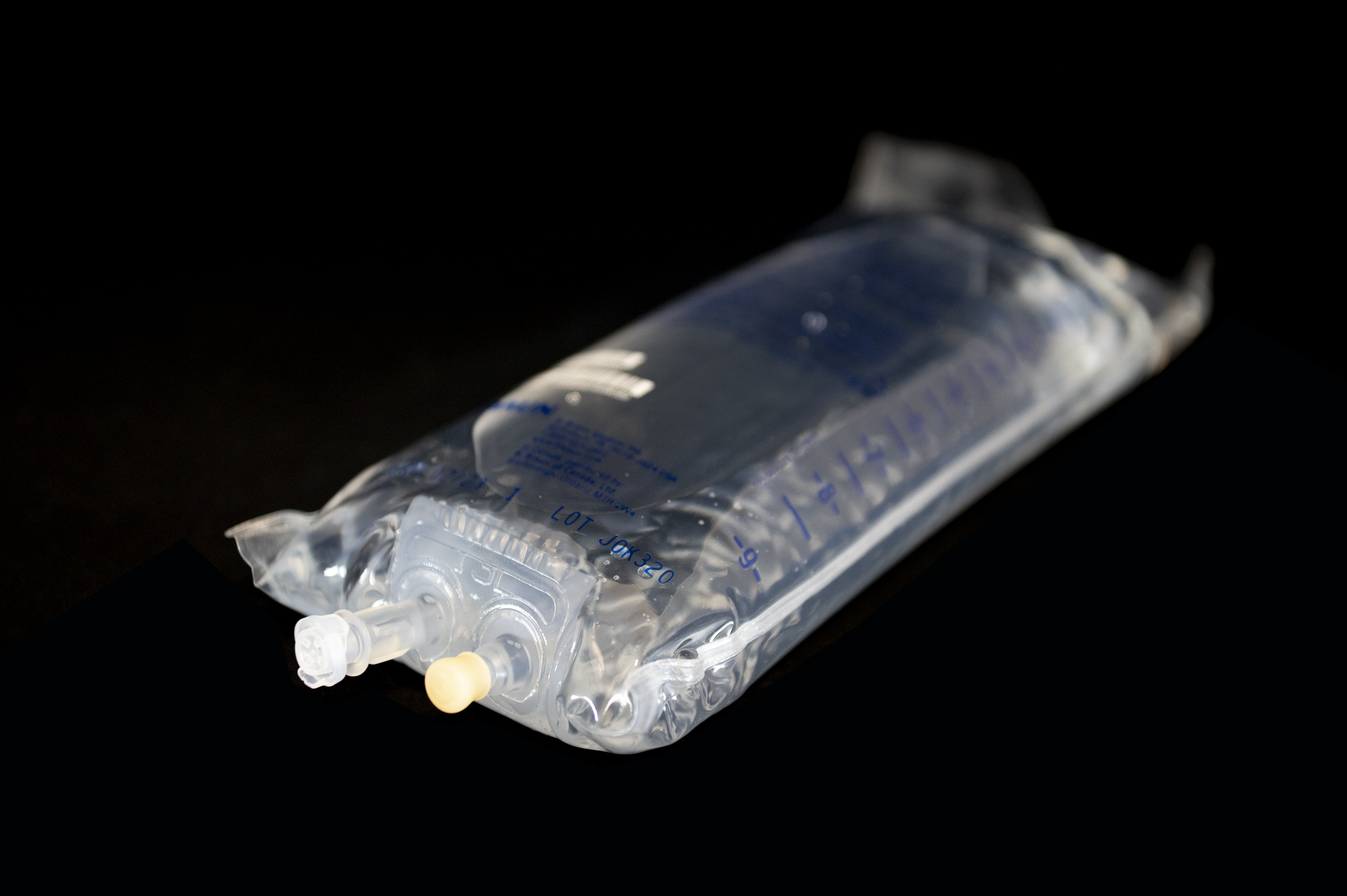Recovery time and process is largely procedure dependent with some surgeries requiring very little downtime and others involving several weeks to months of recovery. Dr. Belsley’s processes post-surgery are designed such that the vast majority of patients will be capable of meeting the expectations outlined for the recovery process.
Dr. Belsley will review this process in detail with patients, providing both written and verbal instruction as part of the pre-surgery process. Patients will also have twenty-four, seven access to the office for questions and concerns.
A huge component of ensuring the recovery process goes well is accounting for the necessary activities of daily living and ensuring the proper precautions and aid have been put in place. Consider what activities can be postponed, how much leave can be taken from work, and what type of home help will be established during a temporarily disabled state.
Patients should arrive at the pre-surgery consultation with any questions concerning the surgical process.
What should I eat when I return home after surgery?
It is essential that all post-surgery patients stay hydrated. While the body can sustain itself for several days without eating, dehydration will rapidly deteriorate the overall health and healing process. At least two to three liters of water should be consumed a day.
In regards to food, begin eating only when hungry and start with easy to digest foods. These include soups, yogurts, and smoothies—or most soft foods that are not high in sugar or salt.
Dr. Belsley may recommend patients maintain and soft or liquid diet in both the days following and preceding surgery.
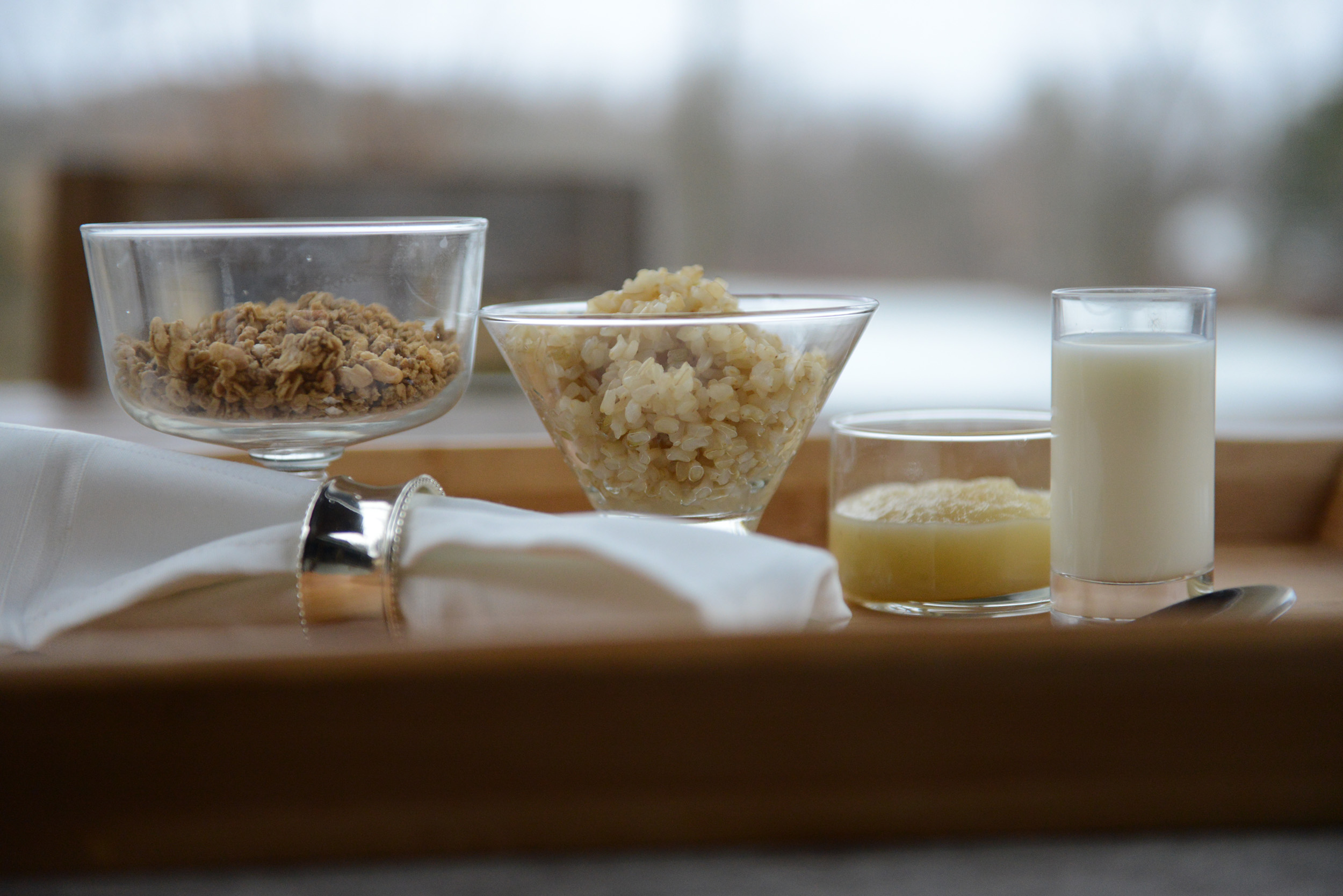
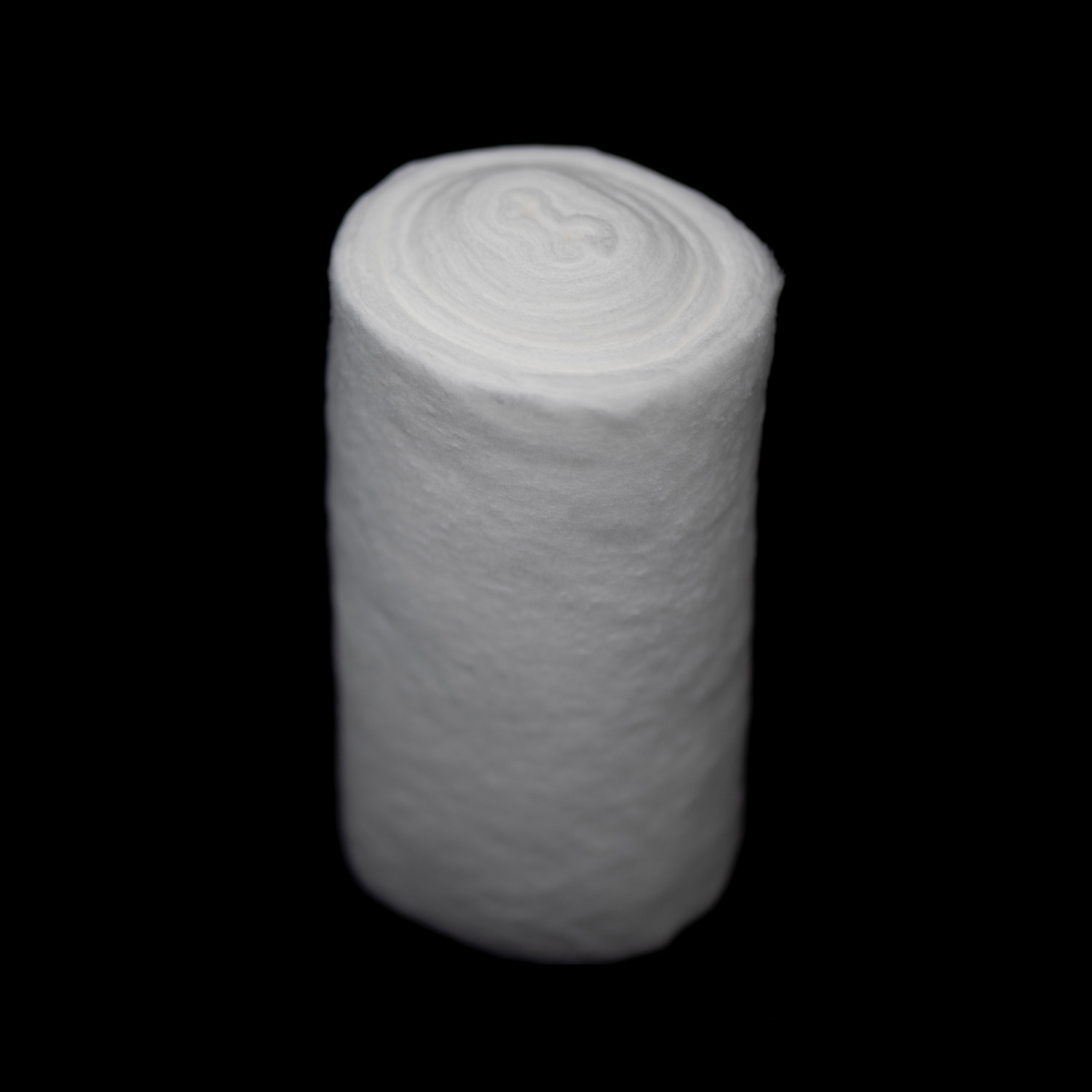
What do I do with my dressings when I go home?
How to deal with dressings is procedure dependent, but generally patients should do nothing with their dressings. Dr. Belsley will remove the dressing at the first postoperative visit, unless otherwise indicated.
Keep the dressings in good condition, in place, and dry until this time.
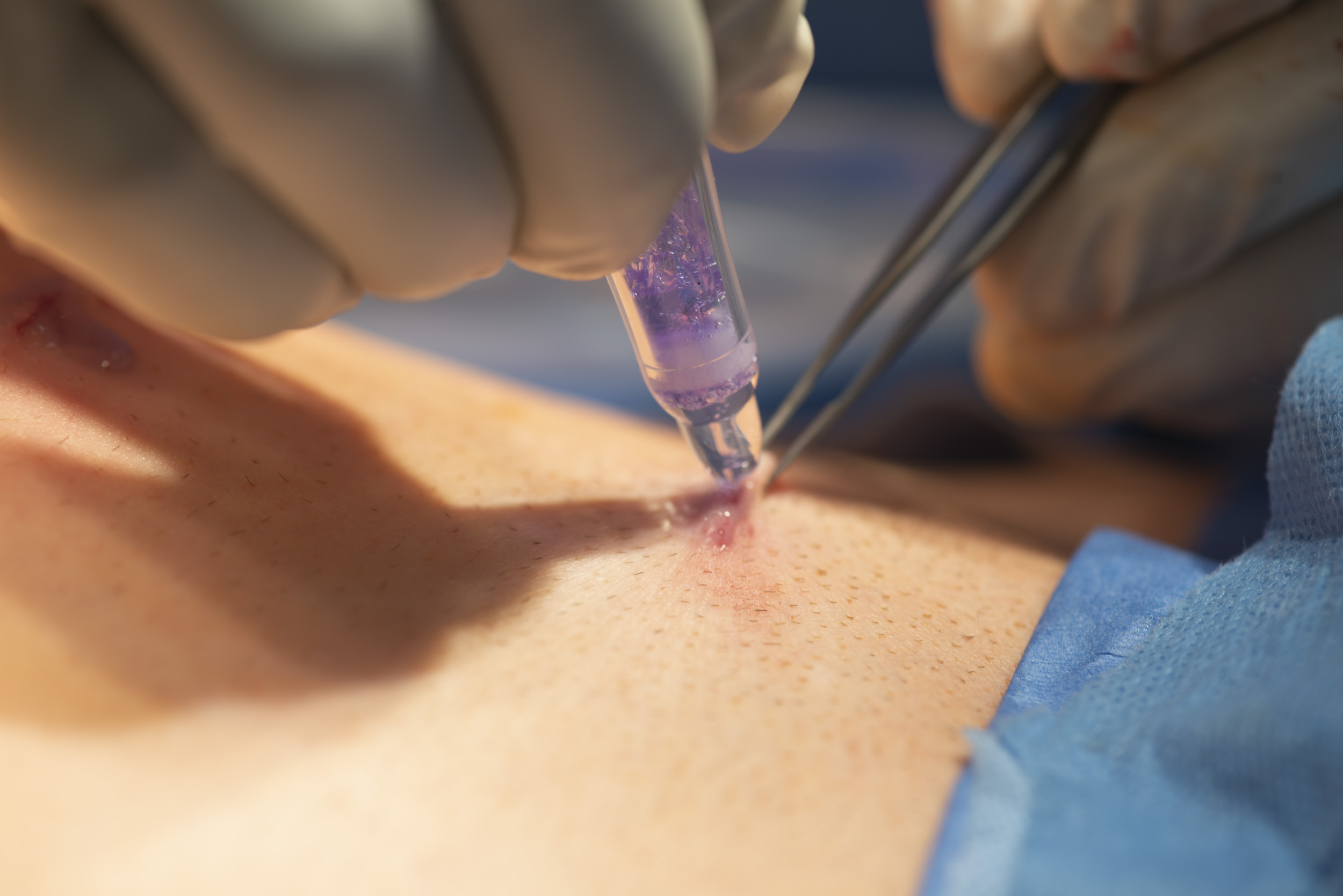
What do I need to do with my incisions after surgery?
Surgical tape overlays incisions and will require a degree of care. The type of care will depend on the procedure being performed. You will receive detailed instructions concerning the maintenance of surgical tape, which will either come off on its own or be removed at a subsequent follow-up visit if it is still in place.
How do I take care of my drains?
Drains are a regular component of Dr. Belsley’s surgical process. Drains are inserted beneath the skin in order to provide a pathway for fluid that is generated during the recovery process to come out in a neat and collectable fashion. These should be emptied twice a day, sometimes more. Most drains are only in place for a week or less. Detailed instructions regarding this process will be provided post-surgery.
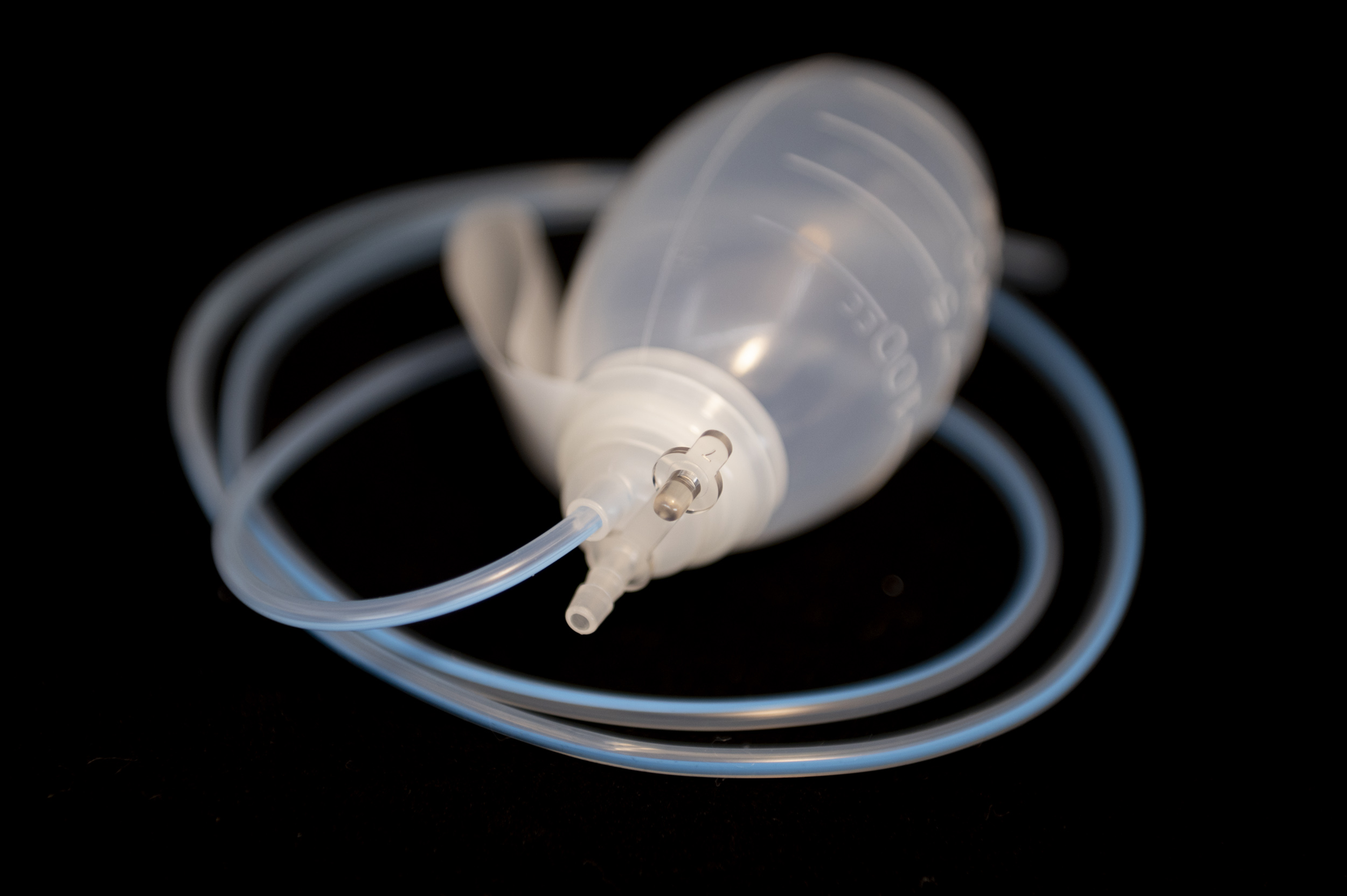
Recovering After your Plastic Surgery Procedure
